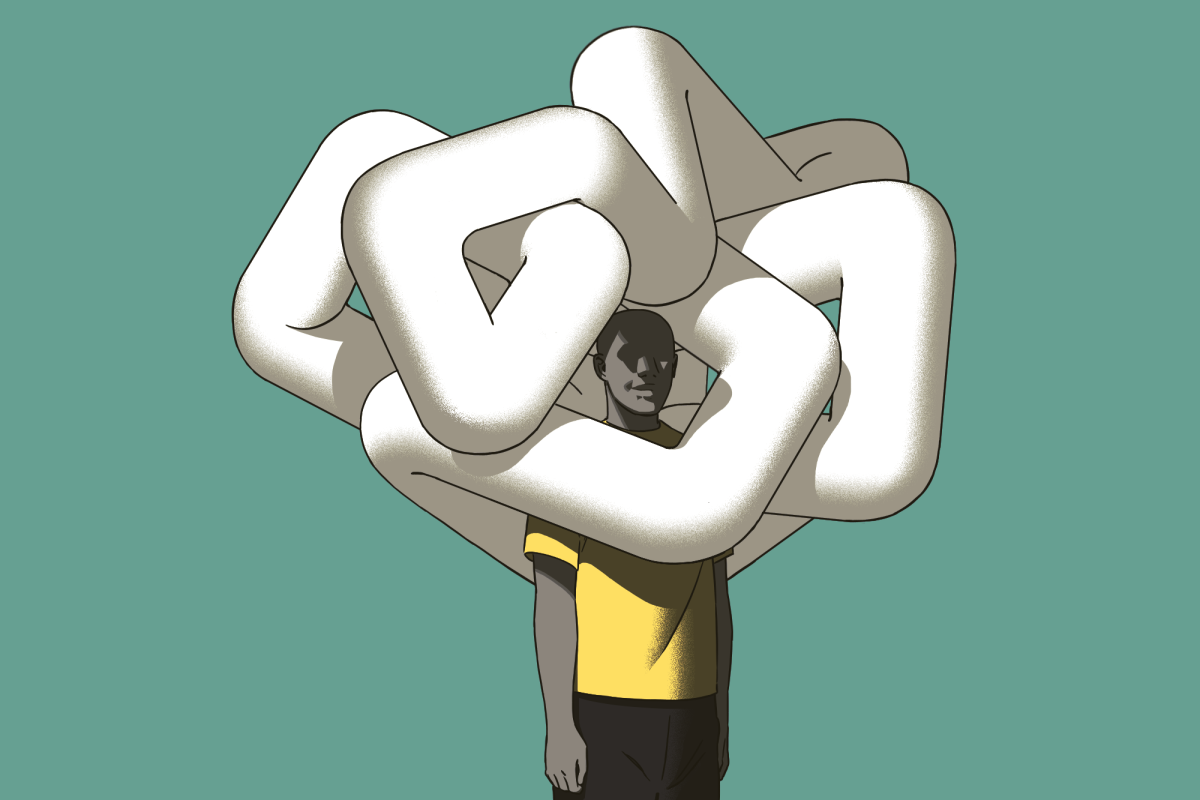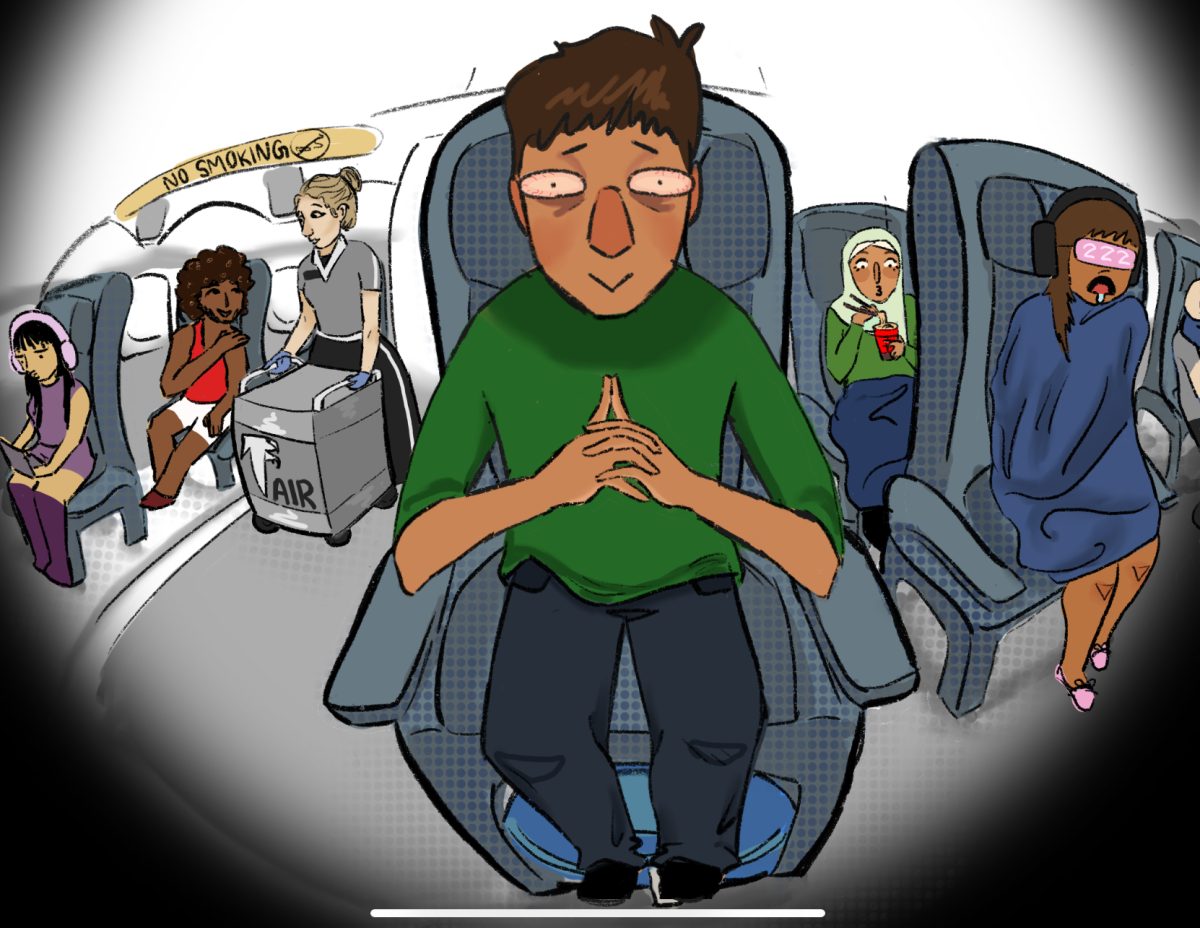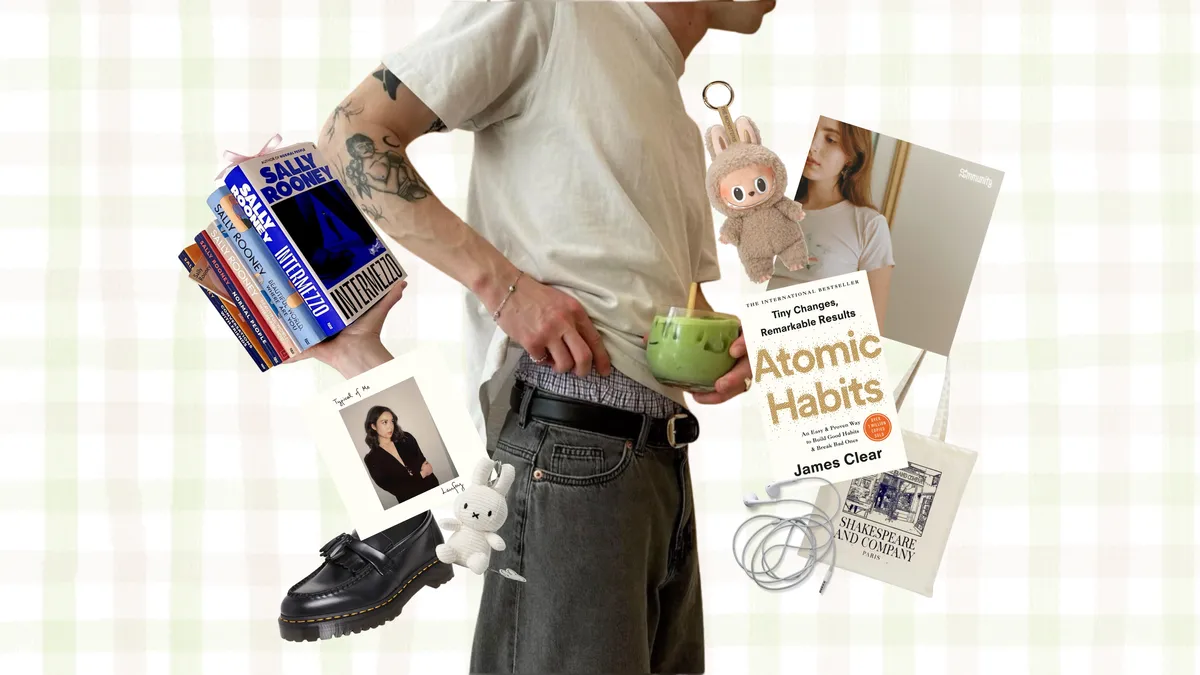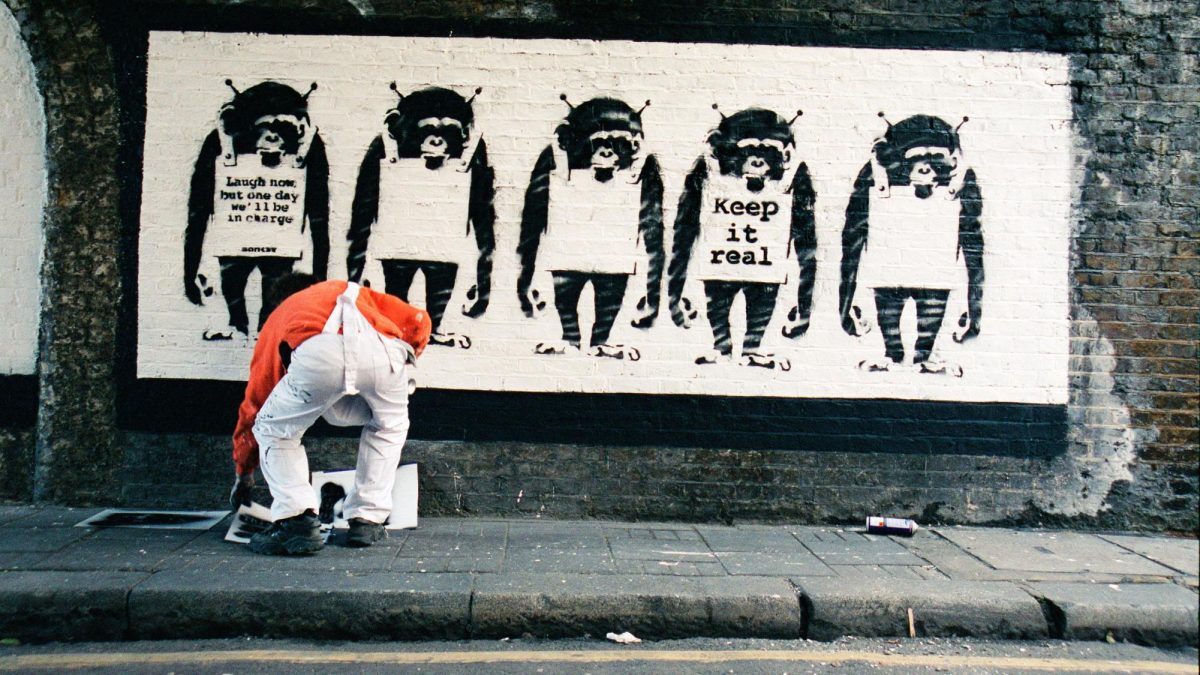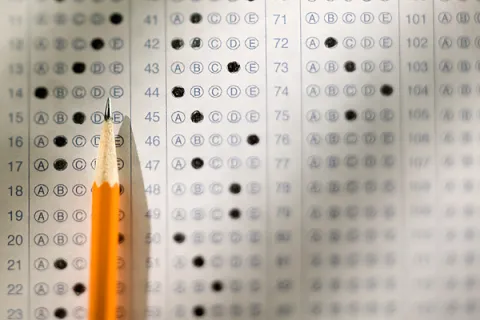Merriam-Webster defines pessimism as “an inclination to emphasize adverse aspects, conditions, and possibilities or to expect the worst possible outcome.” This “disease” has grown in recent years, strongly correlated with the COVID-19 pandemic and an increased use of social media.
It is hard not to make connections with the growth of sensitivity in young adults, mainly due to social media and over-awareness of the world. While recent events have not differed too drastically from those in the past, change has occurred in the way we look at these events, exaggerating the way they affect our everyday lives. Although there is some amount of truth to the United States splitting into a political dichotomy, a citizen should not feel the need to spread fear of the worst outcome, whether on social media or on the news.
Deaths due to war have reached a staggering low in the 21st century. Advances in medical technology have allowed life expectancy in the West to reach an all-time high in recent years. Deaths due to famine have gone down. The world has overcome the COVID-19 pandemic in record time, testing an effective and safe vaccine in less than 12 months of growth. However, anxiety and depression rates have risen. And while other causes of death have gone down, suicide rates (especially those for younger people) have gone up across the last few decades.
Over 78% of CRLS students reported having engaged in 3 or more hours of screen time on average per school day. Furthermore, 30% of high school students reported stress due to social justice issues. A whopping 37% of students reported feelings of depression consistently over the past 2 weeks.
Almost all external quality of life metrics have improved across the 21st century, but those living in the richest parts of the first world countries may be more pessimistic than ever. This worrying trend is especially true for younger people, like the ones found at our very own CRLS. Social media allows people to acquire the worries of other people in other places of the world. We are more connected than ever, allowing us to become victims of our own technological advancement.
The solution lies in personal choice. In the fast-moving, dopamine-infused, ultra-commodified culture that we live in, it has become too easy to make bad lifestyle choices, like spending too much time on your phone or getting too little sleep. The answer lies in taking control of your own decisions, and not allowing yourself to be tempted by the many indulgences of our modern culture. At this moment in time, we stand on the precipice of the future, and our decisions today will decide if the pessimists and nihilists are vindicated tomorrow.

